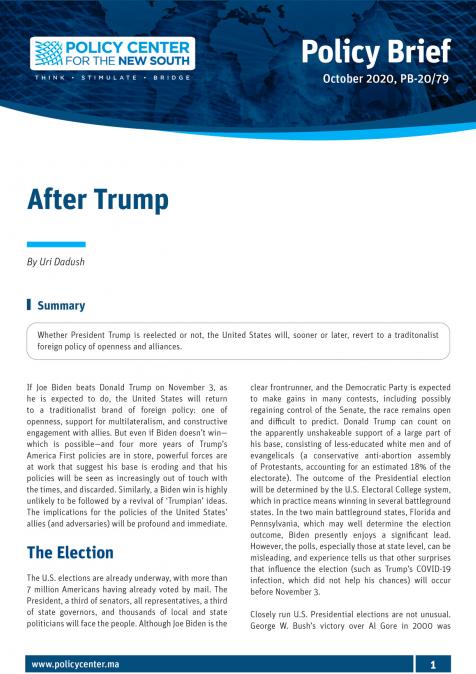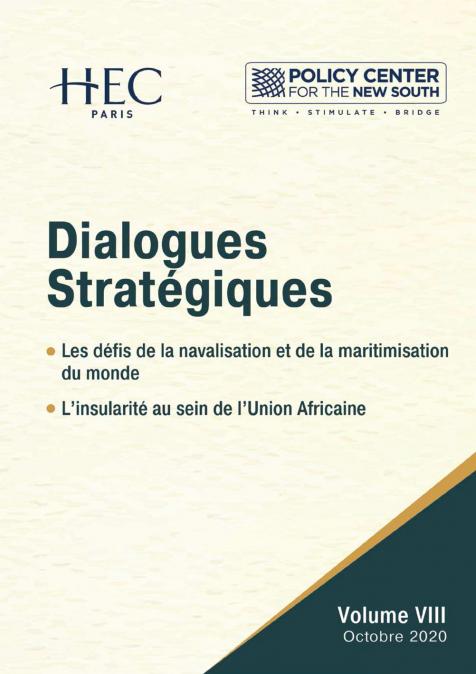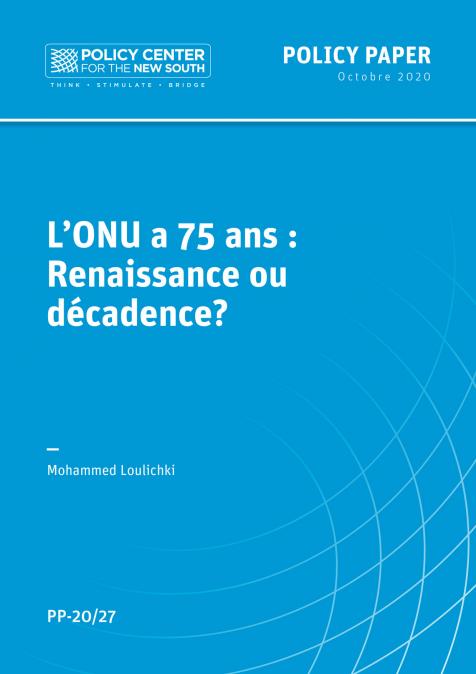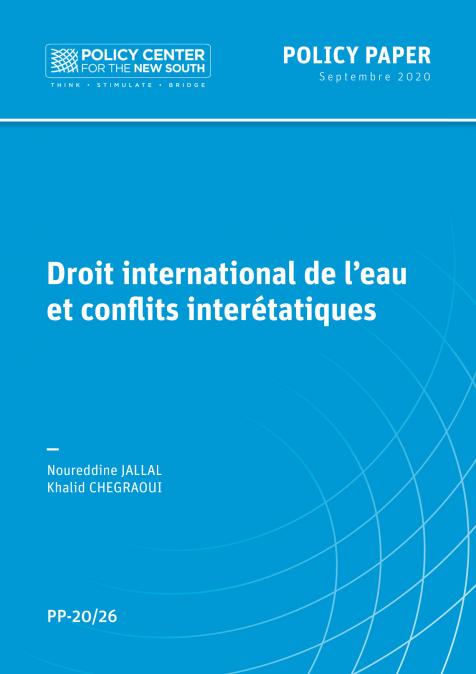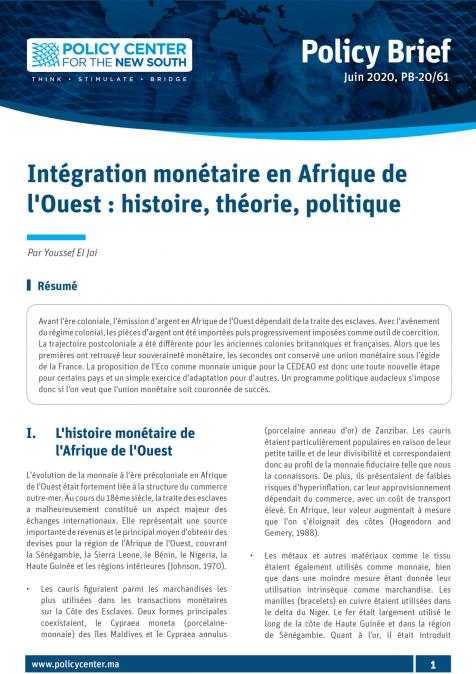Podcasts
Crisis in Venezuela: national and regional consequences
Related topics:
This podcast is performed by Anna Ayuso Pozo. The parliamentary elections on December 6 in Venezuela opened a new political era. The magnitude of the defeat of the governmental forces leaves no doubt about the vote against the authoritarian drift of the socialist revolution. The Congress is now in the hands of the opposition coalition that achieved 2/3 qualified majority (112 deputies). The vote was a clear punishment to the government led by Nicolas Maduro, who was appointed successor of the former President Hugo Chavez. He was unable to lead the adaptation demanded by the challenges of a changing economic cycle and contributed to polarize the society. Venezuela is now a test of the dilemmas of a continent that seeks to gain autonomy and overcome the endemic inequality gaps while trying to consolidate still imperfect democratic institutions. The Caribbean country is now a challenge for regional stability. Regional institutions, as UNASUR and CELAC, created over the last decade to give greater autonomy in resolving political crisis will be forces to act. This session will explore recent changes Venezuela's national policy and its regional implications in a context of changing political cycle.

